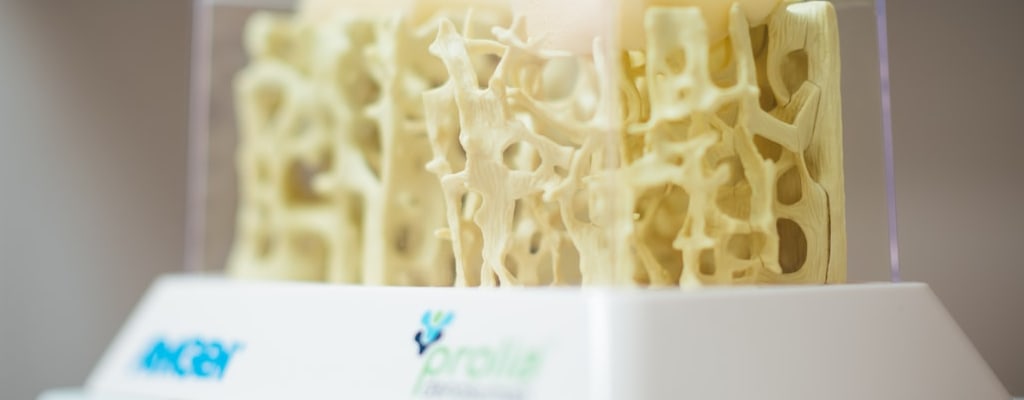charley horse: Idiom Meaning and Origin
What does ‘charley horse’ mean?
The idiom "charley horse" refers to a painful muscle spasm or cramp, typically in the leg. The origin of the term is unclear, but it may be related to the name "Charley" being used for a lame horse.

Idiom Explorer
This term is commonly used to describe the physical strain caused by writing or typing for extended periods, often resulting in temporary inability to continue writing.
According to my extensive research as a specialist in idioms, the idiom "itchy feet" refers to a strong desire or restlessness to travel or move around. This expression is often used to describe someone who is eager to explore new places or embark on new adventures.
The idiom "in a pig's patoot" means in a difficult or unpleasant situation. It is often used to express frustration or annoyance. The exact origin of this phrase is unclear, but it likely refers to the idea of being in an undesirable or uncomfortable position, similar to being in a pig's hindquarters.
The idiom "horse's mouth" means getting information directly from the source or from someone who has firsthand knowledge or experience about a particular topic.
The idiom "horse's ass" refers to someone who is foolish, incompetent, or makes a fool of themselves. It is often used to criticize someone's behavior or actions, implying that they are behaving stupidly or in a ridiculous manner.
The idiom "horse of a different color" refers to a situation or topic that is completely distinct or unrelated from the one previously mentioned or discussed. It implies a significant change or shift in focus, often catching people by surprise.
The idiom "horse around" means to engage in playful, often rowdy or foolish behavior. It is used to describe someone who is not taking a situation seriously or wasting time by being silly or disruptive.
The idiom "hired muscle" refers to a person or group of individuals who are employed to use force or intimidation to achieve a specific goal or objective. They are typically hired by someone to protect their interests or to carry out illegal or violent activities on their behalf.
Decoding Charley Horse
The idiom “charley horse” is a commonly used expression in American English to describe a sudden and intense muscle cramp or stiffness, typically in the calf or thigh. It is a painful and temporary condition that can occur during physical exertion or while at rest. The origin and etymology of this idiom, however, remain uncertain, with multiple theories proposed by etymologists and researchers.
One theory suggests that the phrase originated from the name of a racehorse named Charley who suffered from leg cramps and had a stiff gait. Although this theory adds an interesting backstory to the idiom, there is limited evidence to support it. Another hypothesis proposes that the idiom may have derived from Charley Olsen, a baseball player in the late 19th century who was prone to muscle cramps and limping. However, this theory also lacks substantial evidence.
An alternative theory proposed by slang lexicographer Eric Partridge suggests that the idiom may have originated from British thieves' cant in the 17th century. In this context, a "charley horse" referred to a thief or pickpocket who specialized in stealing horses. While the connection between muscle cramps and criminal activity may seem unlikely, this theory presents an intriguing possibility.
Regardless of its uncertain origins, “charley horse” gained significant popularity in the United States during the early 20th century. Its catchy and memorable nature, as well as its relatability to the common experience of muscle cramps, likely contributed to its widespread usage.
The idiom “charley horse” has become deeply ingrained in American culture, extending beyond its original meaning. It is frequently used in sports commentary to describe players who experience muscle injuries. Additionally, it is commonly used in casual conversations to convey a sense of discomfort or pain.
The idiom “charley horse” is just one of many idiomatic expressions that enrich the English language. These expressions provide a way for individuals to connect and communicate through shared experiences and cultural references. They have the power to evoke emotions and convey meaning in a concise and relatable manner.
One related idiom to “charley horse” is “writer's cramp,” which refers to a cramp or stiffness in the hand or fingers, typically caused by excessive writing or repetitive motions. Both idioms highlight the temporary nature of muscle cramps and the discomfort they can cause. While “charley horse” specifically refers to cramps in the calf or thigh, “writer's cramp” focuses on cramps in the hand or fingers.
Another related idiom is “burr in one's saddle,” which means to have a persistent irritation or annoyance. Just as a muscle cramp can be a painful and bothersome experience, a “burr in one's saddle” is an ongoing source of discomfort. The use of both idioms adds a colorful and descriptive element to conversations and writing, heightening the impact of the intended message.
Similarly, the idiom “bad trot” relates to “charley horse” by emphasizing the negative aspect of experiencing muscle cramps. A “bad trot” typically refers to a period of misfortune or difficulty. The association between muscle cramps and a bumpy or troubled journey demonstrates the idiom's power to evoke vivid imagery and create a lasting impression on the listener or reader.
Lastly, the idiom “horse's mouth” can be connected to “charley horse” through their shared reference to horses. While “charley horse” describes a muscle cramp, “horse's mouth” refers to obtaining information directly from a reliable or authoritative source. These idioms offer different perspectives on the symbolic importance of horses in language and culture, showcasing the versatility and richness of idiomatic expressions.
The idiom “charley horse” is a widely recognized expression in American English used to describe muscle cramps. While its origin remains uncertain, theories suggest connections to racehorses, baseball players, and British thieves' cant. Despite the lack of definitive evidence, “charley horse” has gained popularity due to its relatability and catchy nature. It has become deeply ingrained in American culture, finding its way into various contexts and conversations. Additionally, the related idioms “writer's cramp,” “burr in one's saddle,” “bad trot,” and “horse's mouth” offer additional layers of meaning and enhance the use of language.
Example usage
Examples of how the idiom "charley horse" can be used in a sentence:
- I woke up with a painful charley horse in my calf after running a marathon.
- She stretched her leg to try and relieve the charley horse she got during dance practice.
- He was unable to play in the game due to a severe charley horse in his thigh.
More "Injury" idioms



